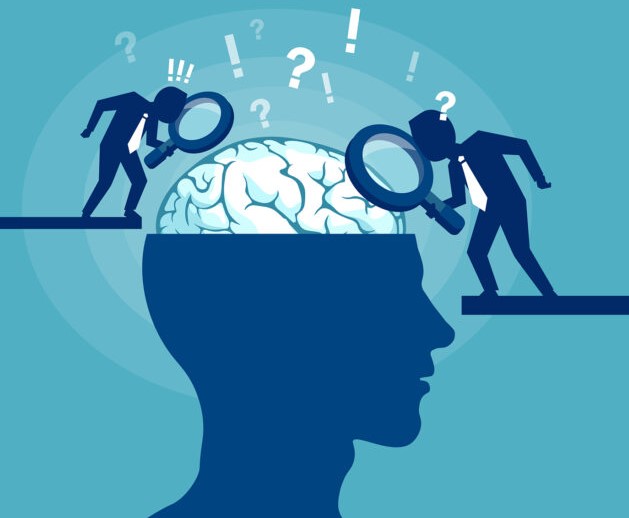
Dementia: Causes and Cures
Dementia is a general term for loss of memory, language, orientation, comprehension, thinking, learning capacity and problem-solving that interferes with doing everyday activities. However consciousness is not affected in it. Dementia mostly affects older adults but can’t be considered as a part of normal aging. Though dementia results from a variety of diseases and injuries that primarily or secondarily affect the brain, Alzheimer’s is the most common cause of dementia and may contribute to 60-70% of cases. Dementia is not a single disease, rather an overall term which covers a wide range of specific medical conditions. Diseases grouped under the general term “dementia” are basically caused by abnormal changes in the brain. These changes severely cause a decline in the cognitive abilities of a person and hamper their day to day independent life functioning. This further affect behavior, feelings and relationships. Currently more than 55 million people live with dementia worldwide, and there are nearly 10 million new cases every year.
Dementia is at present the 7th leading cause of death among all diseases and one of the biggest causes of disability and dependency among the older adults. It leaves a social, physical, psychological and economic impact not only on the person affected with it, but also their families, care-givers and society at large. Dementia affects each person in a different way, depending upon the underlying causes and other health conditions of person before becoming ill.
Symptoms of dementia
Since dementia is a general term, its symptoms can vary from person to person. People with dementia face problems with memory, attention, communication, reasoning ad perception. Other common symptoms that may point to dementia include- forgetting the way back home, not being able to complete tasks independently, keeping track of a purse or wallet, etc. Many conditions are progressive, which means that the signs of dementia start out slow but gradually get worse.
What increases the risk for dementia?
The biggest known risk for dementia is the age factor where it mostly targets people above 65 years of age and older. The people with a family history are themselves likely to develop dementia. Patients with high blood pressure, high cholesterol, and smoking are more prone to dementia if not treated properly. Excessive use of alcohol, depression, thyroid problems and vitamin deficiencies can lead to developing dementia. If you are experiencing memory difficulties or other changes in thinking skills, don’t ignore them, consult a doctor immediately. Early diagnosis allows a person to get maximum benefit from the treatments.
Causes of dementia
Dementia is caused by damage to brain cells and this interferes with the ability of brain cells to communicate with each other. Brain has many regions and each region is responsible for different functions. When cells in a particular region are damaged, that region cannot carry out its functions normally. In a latest study it has been found that there is a link between sleep and dementia. The amount of time spent in bed may influence their chances of developing dementia. Spending more than 8 hours in bed is associated with greater cognitive decline in people aged 60-74 years.
Diagnosis and treatment for dementia
There is no particular test to determine if someone has dementia or not. Based on the family history of the patient, careful medical history, physical examination, laboratory tests and changes in cognitive skills, the doctors can diagnose the problem better. However the exact type of dementia is hard to determine. Treatment of dementia depends on the underlying cause. Alzheimer’s disease has no cure, though medications are available which can protect the brain or manage symptoms such as depression and anxiety. Research is still going on to develop more treatment options. Making certain lifestyle changes such as regular exercise, healthy eating and maintaining social contact may decrease the chances of developing chronic diseases which ultimately result in dementia. If you have suspicion of having dementia, then discuss it with a loved one so that timely treatment can be started.
Your email address will not be published. Required fields are marked *
29 Jan, 2024
29 Jan, 2024
29 Jan, 2024
25 Jan, 2024